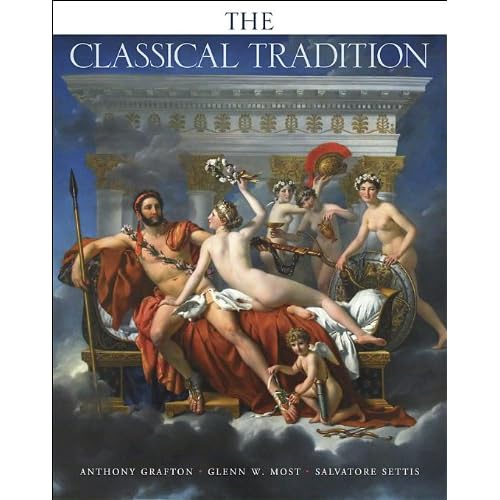In nova fert animus mutatas dicere formas
corpora; di, coeptis (nam vos mutastis et illas)
adspirate meis primaque ab origine mundi
ad mea perpetuum deducite tempora carmen. -- Meta. I.1-4My soul is wrought to sing of forms transformed
to bodies new and strange! Immortal Gods
inspire my heart, for ye have changed yourselves
and all things you have changed! Oh lead my song
in smooth and measured strains, from olden days
when earth began to this completed time!
--
Brookes More 1922
My soul would sing of metamorphoses.
But since, o gods, you were the source of these
bodies becoming other bodies, breathe
your breath into my book of changes: may
the song I sing be seamless as its way
weaves from the world's beginning to our day.
--
Allen Mandelbaum 1995
Of shapes transformde to bodies straunge, I purpose to entreate,
Ye gods vouchsafe (for you are they ywrought this wondrous feate)
To further this mine enterprise. And from the world begunne,
Graunt that my verse may to my time, his course directly runne.
--
Arthur Golding 1567
My intention is to tell of bodies changed
To different forms; the gods, who made the changes,
Will help me - or so I hope - with a poem
That runs from the world's beginning to our own days.
--
Rolfe Humphries 1955
OF bodies chang'd to various forms, I sing:
Ye Gods, from whom these miracles did spring,
Inspire my numbers with coelestial heat;
'Till I my long laborious work compleat:
And add perpetual tenour to my rhimes,
Deduc'd from Nature's birth, to Caesar's times.
--
John Dryden, 1717
My mind is bent to tell of bodies changed into new forms. Ye gods, for you yourselves have wrought the changes, breathe on these my undertakings, and bring down my song in unbroken strains from the world's very beginning even unto the present time.
-- Frank Justus Miller (
Loeb Library 1984)
My design leads me to speak of forms changed into new bodies. Ye Gods, (for you it was who changed them,) favor my attempts, and bring down the lengthened narrative from the very beginning of the world, even to my own times.
--
Henry T. RileyI want to speak about bodies changed into new forms. You, gods, since you are the ones who alter these, and all other things, inspire my attempt, and spin out a continuous thread of words, from the world's first origins to my own time.
--
A.S. Kline









